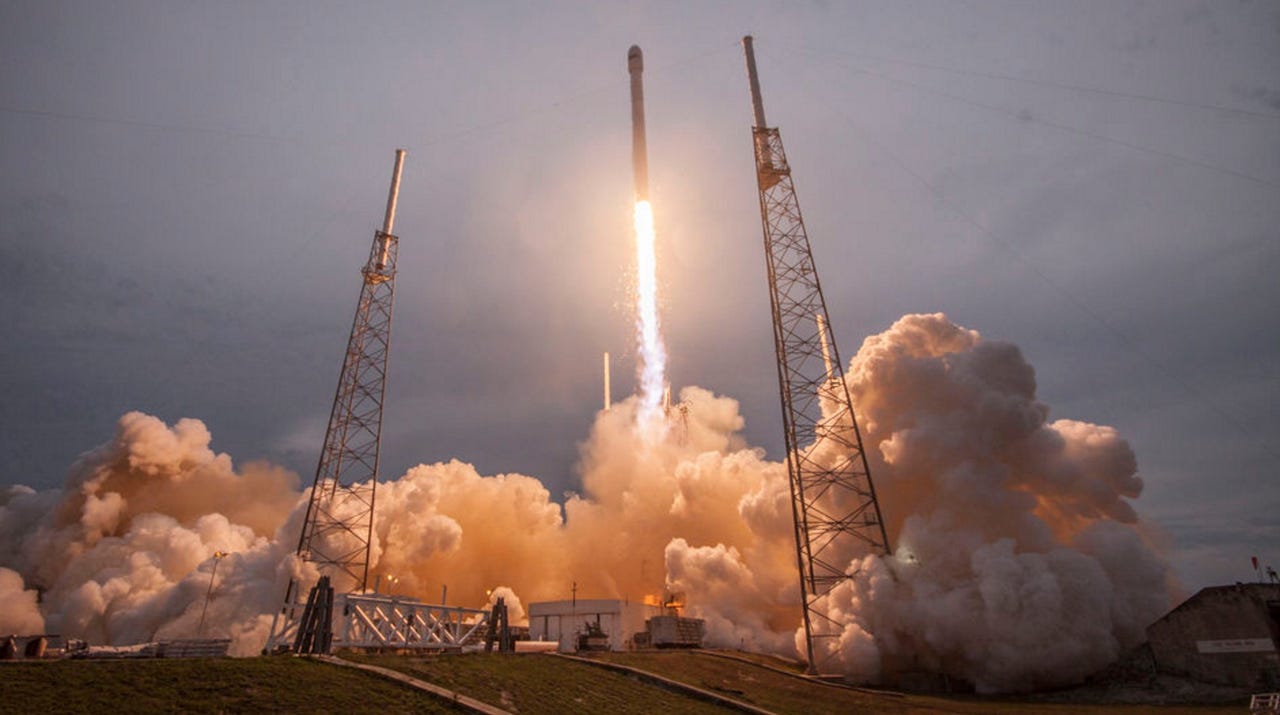SpaceX investigates possible Falcon rocket sabotage


In the quest to find the root cause of SpaceX's recent failed rocket launch, the company is investigating every possible avenue -- including its competitors.
There is a healthy dose of rivalry between Elon Musk's SpaceX and United Launch Alliance (ULA), which once held the monopoly for US military rocket technologies. Now, the investigation into the doomed launch of the Falcon 9 rocket has taken an interesting turn, with suspicious eyes turning on ULA.
As reported by the Washington Post, a SpaceX employee recently visited the nearby ULA buildings in Cape Canaveral, Fla., and asked for access to one of the rooftops.
The SpaceX Falcon 9 rocket had exploded several weeks earlier just before an engine test was due to take place. SpaceX says that hardware may be at fault; in particular, the Falcon 9's cryogenic helium system may be the root cause after a failed strut close to the system failed to support it properly, leading to the explosion. This is only one lead, however, and nothing is yet set in concrete.
The explosion also destroyed the AMOS-6 satellite with it, used by companies including Facebook for Internet services.
According to the publication, footage of the explosion revealed a "suspicious" shadow and a white spot on the ULA roof, which is a little over a mile away and has a clear line of sight. When the employee requested access in a "cordial, not accusatory" manner, they were refused.
This allegedly led to SpaceX calling Air Force investigators, who found nothing.
Musk has not yet ruled out sabotage and has asked the public to share any videos or images they have of the test in the hopes of finding out the cause.
In related news, Musk recently announced ambitious plans to colonize Mars in the next decade. While the project could cost as much as $10 billion over the next few years to get off the ground, the entrepreneur hopes that one day, tickets to Mars could cost as little as $80,000 for volunteers.
Update 14.25GMT:
ULA told ZDNet:
"ULA cooperated with the Air Force's 45th Space Wing, and nothing associated with the SpaceX accident was found."